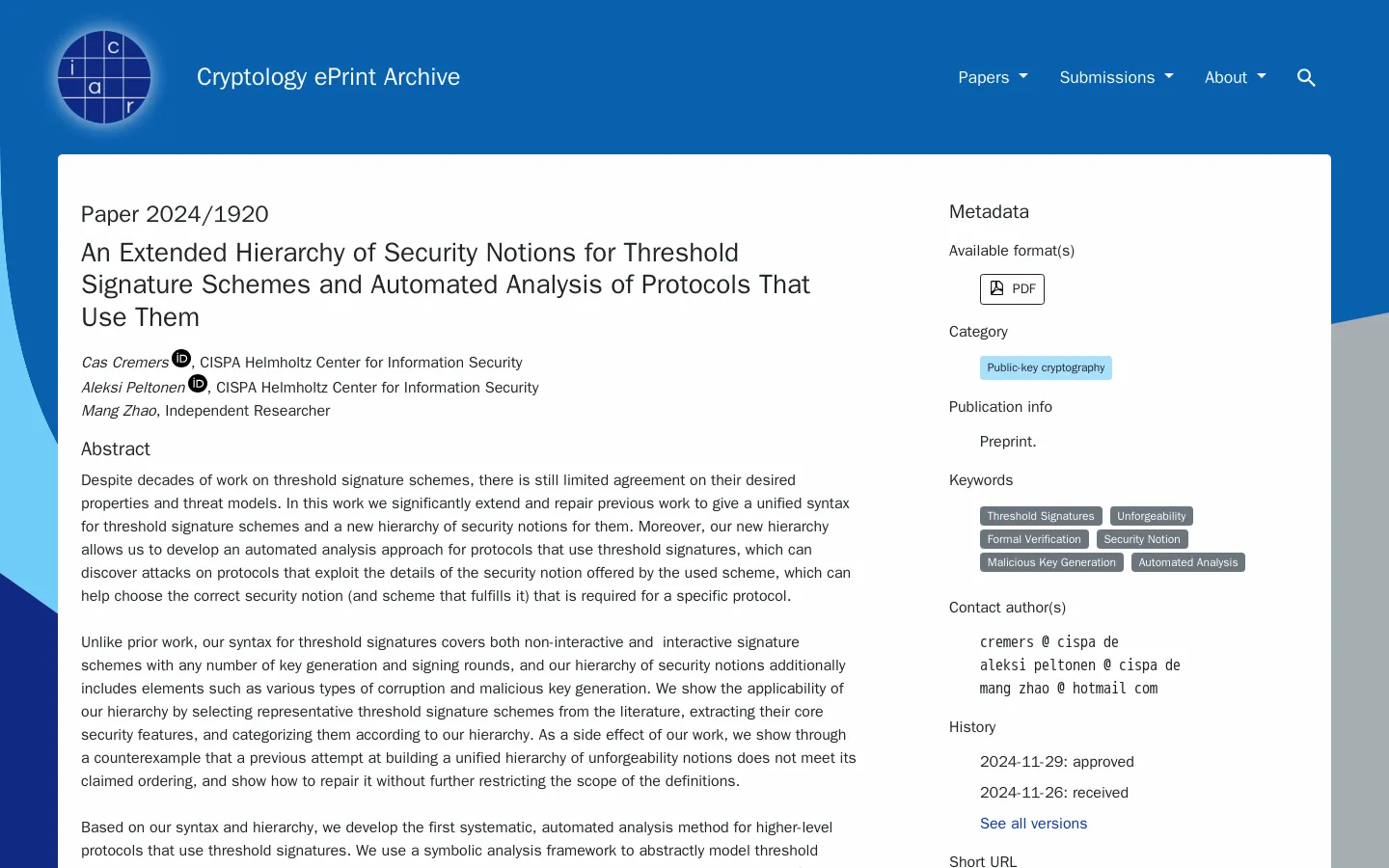
New Tutorial Focuses on Skill Development and Collaboration
/ 4 min read
Quick take - A new tutorial has been launched with the objectives of enhancing participants’ knowledge and skills in a specific subject area, fostering networking opportunities, encouraging feedback for continuous improvement, and providing accessible resources for long-term application.
Fast Facts
- Tutorial Objectives: The tutorial aims to enhance knowledge, develop practical skills, foster networking, encourage feedback, and provide accessible resources for participants.
- Engaging Structure: It features a mix of lectures, hands-on exercises, and group discussions, catering to a diverse audience from beginners to advanced learners.
- Expert Facilitation: Sessions are led by knowledgeable facilitators who inspire participants to explore the subject matter deeply.
- Continuous Improvement: Feedback from participants is emphasized to ensure the tutorial evolves and meets future needs effectively.
- Long-term Resource Access: Participants will receive supplementary materials and resources for ongoing learning and application after the tutorial concludes.
New Tutorial Aims to Enhance Skills and Foster Collaboration
In a bid to advance understanding and practical skills in a specific subject area, a new tutorial has been launched with several key objectives. This initiative is designed to offer participants comprehensive insights, practical tools, and techniques applicable in real-world scenarios. The tutorial’s structure is tailored to accommodate a diverse audience, ranging from beginners to advanced learners, ensuring an engaging and interactive experience.
Key Objectives of the Tutorial
Enhancing Knowledge
The primary goal of the tutorial is to deepen participants’ knowledge of the subject matter. By covering both foundational concepts and advanced topics, it aims to provide attendees with a well-rounded understanding. This approach ensures that participants can build on their existing knowledge while gaining new insights into complex areas.
Skill Development
A significant focus of the tutorial is on developing practical skills that participants can apply in their personal or professional lives. Through hands-on exercises and interactive sessions, attendees are encouraged to improve their proficiency and confidence. These activities are designed to simulate real-world applications, allowing participants to practice and refine their skills in a supportive environment.
Networking Opportunities
The tutorial also seeks to foster connections among participants by bringing together individuals with similar interests. This networking aspect encourages collaboration and the sharing of ideas, which can lead to future partnerships or projects. By creating a community of like-minded individuals, the tutorial enhances the potential for innovative collaborations.
Feedback and Improvement
Emphasizing the importance of feedback, the tutorial provides opportunities for participants to offer input on the material and teaching methods. This feedback loop allows for continuous improvement of the program, ensuring that it remains relevant and effective for future attendees.
Resource Accessibility
To support long-term learning, the tutorial offers resources that participants can access after the session concludes. These include supplementary materials, guides, and contact information for further assistance. By providing these resources, the tutorial ensures that knowledge gained can be applied effectively over time.
Structure and Implementation
The tutorial is designed to be engaging and interactive, utilizing a mix of lectures, practical exercises, and group discussions. Participants are encouraged to ask questions and share their experiences, making the learning process collaborative. Expert facilitators lead the sessions, bringing a wealth of knowledge and experience that not only informs but also inspires attendees.
Implications for Participants and Community
The implementation of this tutorial has significant implications for both participants and the broader community. By enhancing knowledge and skills, attendees are better prepared to face challenges in their respective fields. The networking aspect can lead to innovative collaborations that may result in new initiatives or projects.
Furthermore, the focus on feedback and continuous improvement ensures that the tutorial can evolve and adapt to meet the needs of future participants. This adaptability makes it a sustainable resource for learning and development.
Essential Steps Outlined in the Tutorial
-
Preparation: Before starting any project, it’s crucial to gather all necessary materials and tools. Understanding the scope of the project and having the right resources at hand sets a solid foundation for success.
-
Execution: Once prepared, begin executing the project by following established guidelines and techniques. Staying focused and adaptable is key as challenges may arise that require quick thinking.
-
Review and Adjust: After execution, review progress made to identify areas needing adjustments or improvements. This critical assessment ensures alignment with original goals.
-
Finalization: Wrap up the project with final touches, documentation, and sharing results with stakeholders. Proper finalization highlights success and provides insights for future endeavors.
By following these steps, individuals can streamline their project management process effectively.
As this tutorial unfolds, its impact on skill enhancement and community building will likely become more evident. Participants are encouraged to engage fully with each component of the program to maximize their learning experience.



